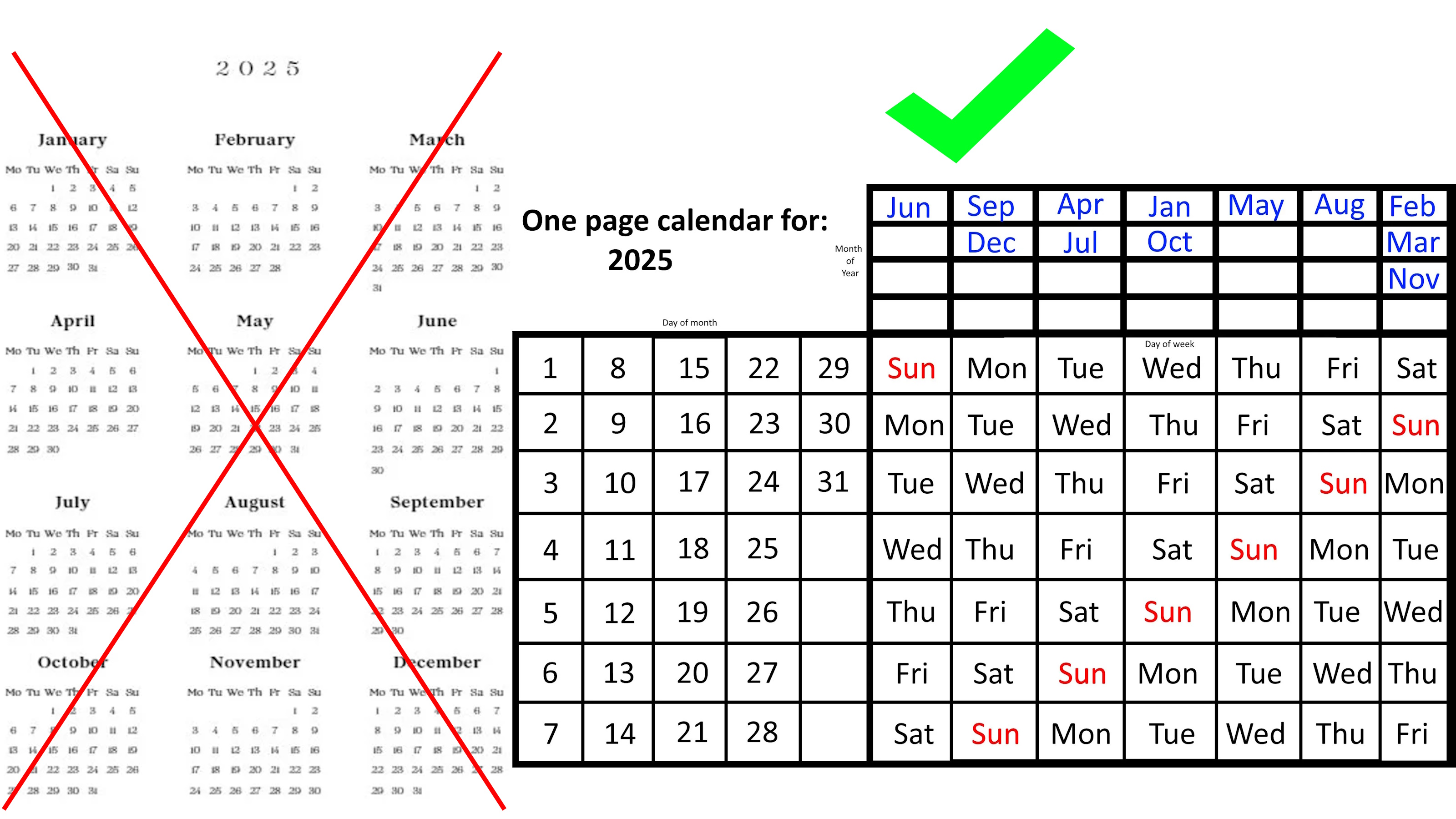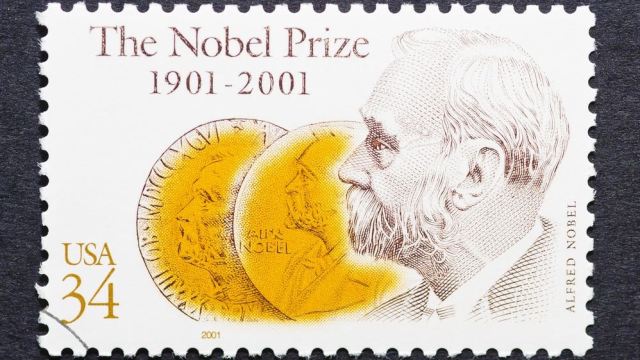UCLA Researchers: The Essence of Charisma Is a Dynamic Voice

More emotional cues are communicated by the tone of your voice than by the words you are saying, and these emotional cues can make the difference between being perceived as big and dominant or small and submissive.
A team of researchers at the University of California, Los Angeles, have analyzed the speech patterns of the world’s most successful political and business leaders. Their list of subjects includes Steve Jobs, Tim Cook, and François Hollande, the current president of France.
When speaking to crowds, leaders were found to have dynamic voices, alternating in tempo and pitch to give their voices a very wide range. When leaders were speaking with individuals closer to them in rank, say a managing director or a secretary of state, their town veered toward the lower registers. This suggests it is important for leaders to display largess and power to their inner circle and dynamism to the masses.
UCLA acoustic scientist Rosario Signorello, who conducted the charisma experiments, said that aspiring leaders should take note:
“The voice is a tool that can be trained,” he said. “Singers and actors train their voices to reach higher or lower frequencies. A leader-speaker should do the same.”
Presidential historian Doris Kearns Goodwin explains how FDR’s voice was used to great effect during this Fire Side Chats, and how important it is for a president to use the “bully pulpit” to advance important issues.
Read more at the Wall Street Journal
Photo credit: Shutterstock





